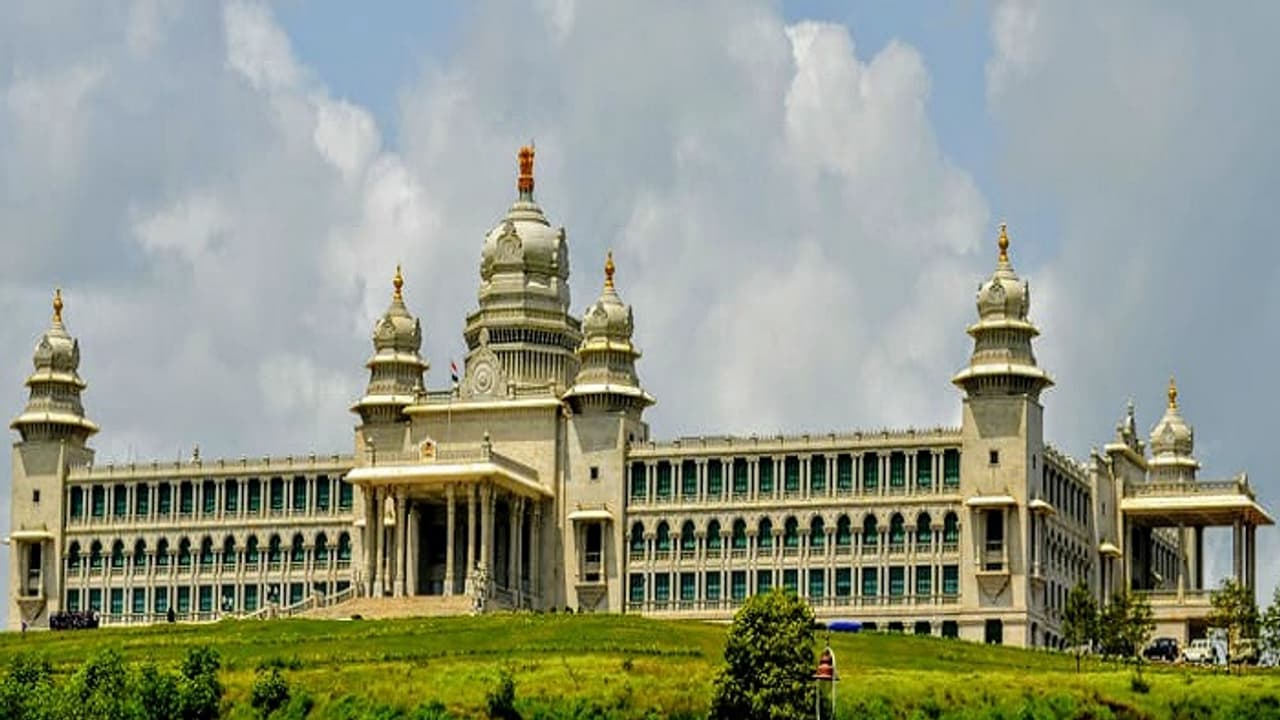The Karnataka Assembly passed the Lake Protection Amendment Bill, 2025, introducing buffer zones based on lake size. While the government called it practical, BJP accused it of aiding real estate interests and staged a walkout.
Bengaluru: The Karnataka Assembly on Tuesday passed the Karnataka Lake Protection and Development Authority (Amendment) Bill, 2025, which introduces buffer zones based on the size of lakes across the state. The bill aims to bring flexibility to lake conservation rules by replacing the earlier blanket 30-meter buffer zone with size-based zones, a move the government says is practical and tailored to urban realities. However, the decision sparked controversy, leading to a walkout by BJP legislators who accused the ruling party of yielding to real estate interests.
Buffer Zones Based on Lake Size
Minor Irrigation Minister NS Boseraju, while presenting the amendment, noted that Karnataka has 41,849 water bodies. Earlier, a 2019 Urban Development Department notification had mandated a uniform 30-meter buffer zone for all lakes. This was criticized by legislators, especially from Udupi and Mangaluru, who argued that the rule created problems for even the smallest lakes in congested urban areas.
To address these concerns, a technical committee chaired by the state’s Chief Secretary studied practices in other states and recommended buffer zones proportionate to lake size. Based on its report, the cabinet approved the amendment, which was then tabled in the Assembly.
The new rules prescribe:
- 1–10 acres: 6 meters
- 10–25 acres: 12 meters
- 25–100 acres: 24 meters
- Lakes above 100 acres: 30 meters
Opposition Accuses Government of Favouring Builders
BJP MLA S Suresh Kumar strongly opposed the bill, accusing the government of surrendering to the real estate lobby. He argued that the amendment undermines conservation by permitting industrial, recreational, commercial, and public utility projects within buffer zones.
He warned that if the government fails to protect lakes now, future generations might only see them on maps. Kumar highlighted that Bengaluru, once called the “City of Lakes,” had 389 lakes identified by the KB Koliwad Committee report, and stressed that conservation, not reduction of zones, should be the priority.
BJP leaders R Ashok and SR Vishwanath joined in the criticism, demanding the formation of a House committee to examine the matter.
Government Defends Move as Practical
Urban Development Minister DK Shivakumar rejected the allegations, saying the government was being “practical” and that no builders had lobbied for changes. He emphasized that the amendment was drafted after studying similar practices in other states and that the intent was to ensure development and conservation could coexist.
“This amendment will not obstruct government projects within buffer zones,” Shivakumar assured, adding that the bill was framed with foresight to balance urban growth and ecological needs.
BJP Walkout From Assembly
Minister Boseraju clarified that while public works such as roads, drainage systems, and sewage treatment plants (STPs) will be permitted in buffer zones, private construction will not be allowed. He acknowledged errors in the wording of the bill’s objectives and reasons, promising corrections before implementation.
Despite his assurances, BJP legislators staged a walkout in protest over the refusal to form a House committee. Following the walkout, Speaker UT Khader put the bill to a voice vote, and it was passed.
